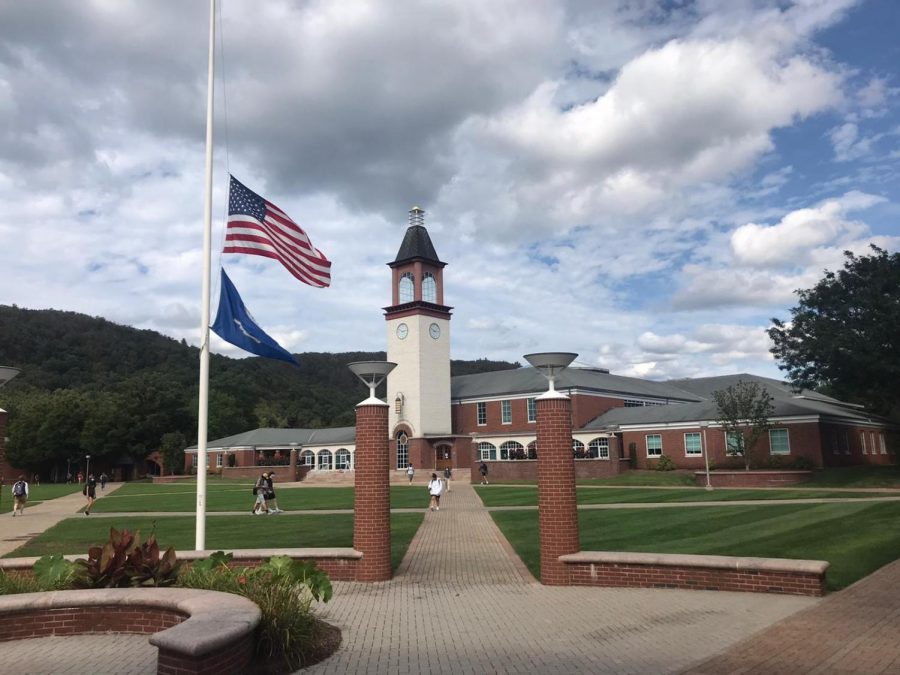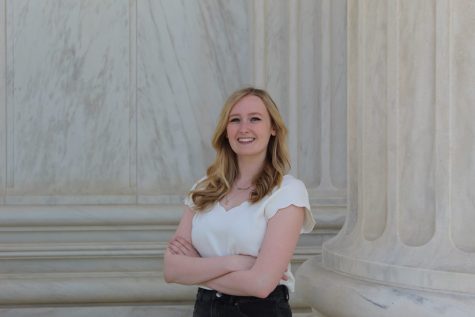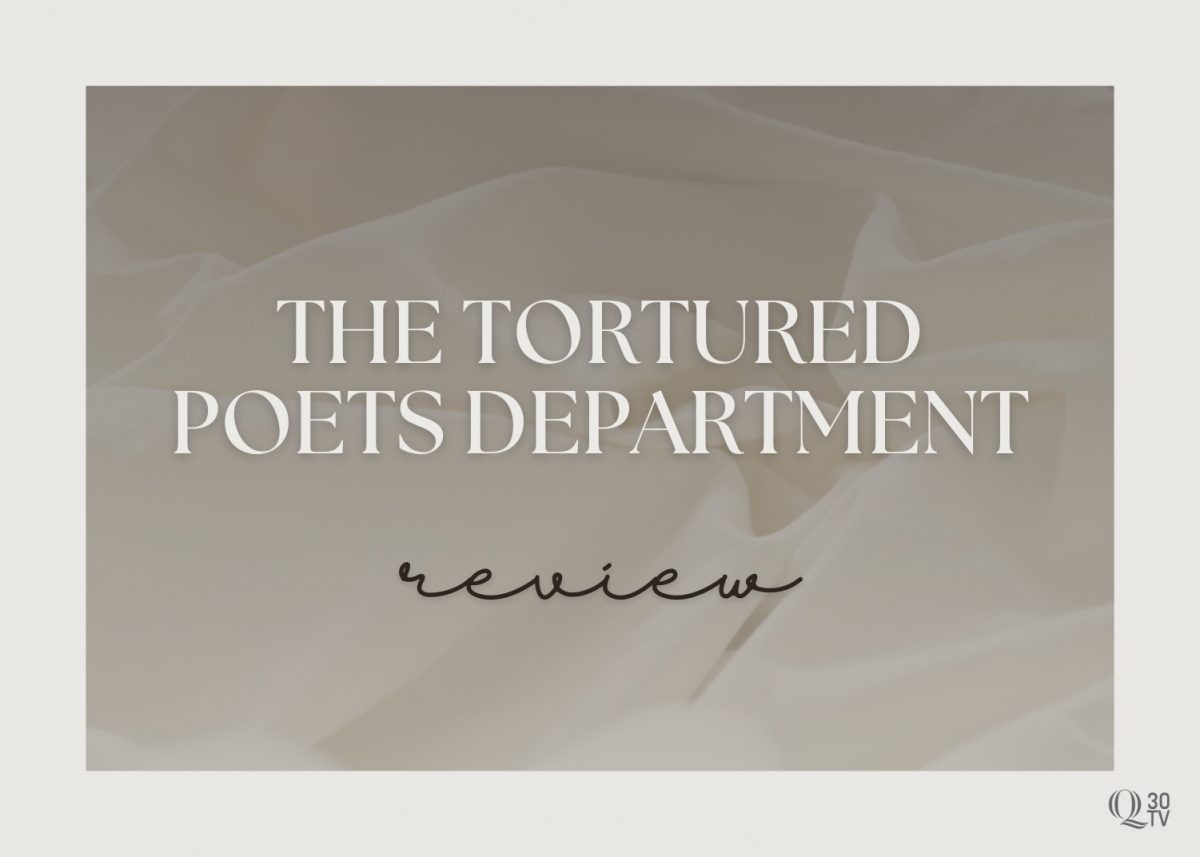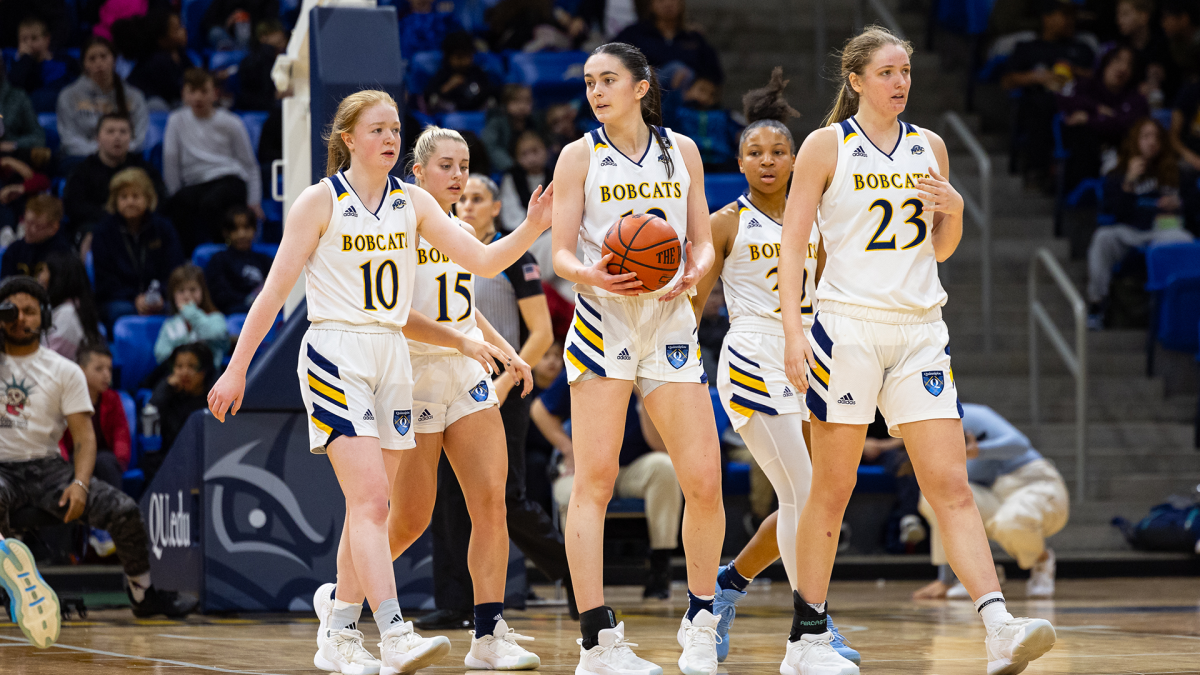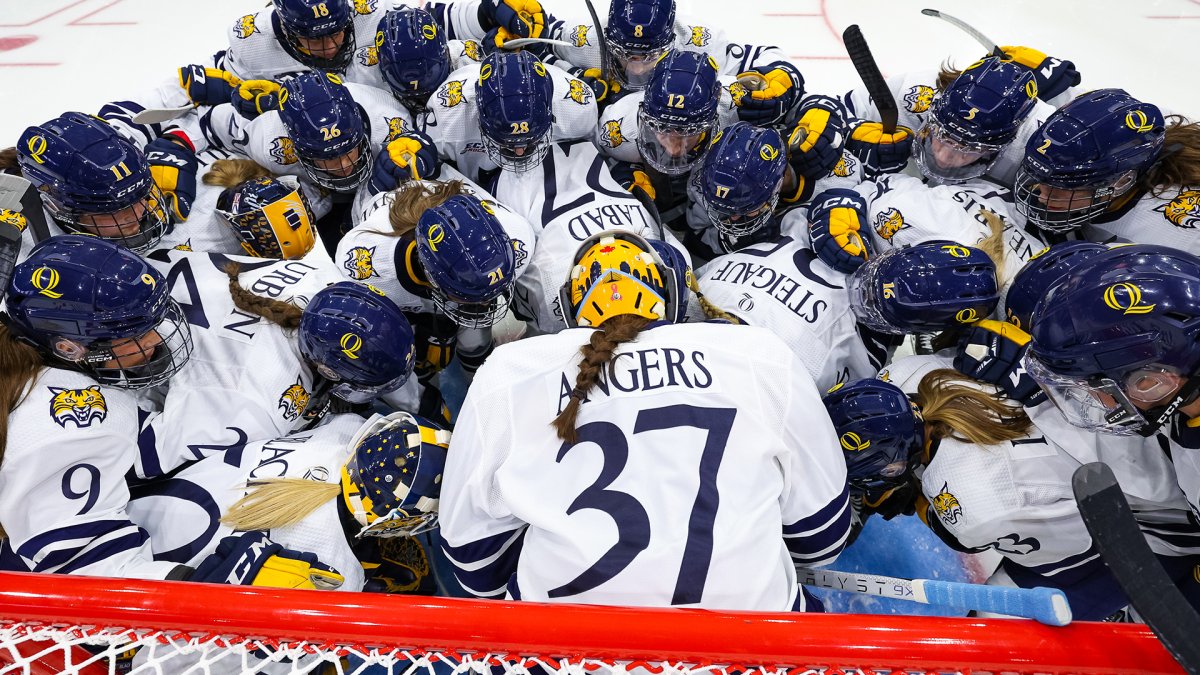A first-year student reflects on 9/11, a day she will never remember or forget
September 11, 2020
The clock tower on Mount Carmel campus tolled the bell for two minutes at 8:50 a.m. for a moment of silence and reflection in honor of those who lost their lives on the nineteenth anniversary of September 11, 2001.
Quinnipiac’s first-year class is now in the majority of students entering college who were not alive on the day of 9/11.
Dorrie McDaniels, a first-year journalism student, was not born yet on the day of the attack. The only connection to the day she has is her father’s story.
McDaniel’s father was working in the New York Stock Exchange on 9/11. After hearing the first plane crash into the North Tower, he called friends of his working for Cantor Fitzgerald, which occupied the 101st to 105th floor.
“They were calling for help, they were screaming and crying,” McDaniels said. “People were saying they didn’t want to die.”
Mcdaniels father witnessed the second plane fly into the South Tower after stepping outside to see the damage from the first crash, he knew he needed to leave. As he was walking across the Brooklyn Bridge with his friend and other New Yorkers trying to get far away from the Twin Towers, that’s when he saw the first building collapse.
McDaniel’s mother, pregnant at the time with Dorrie, was not able to contact her husband for a day, worried something may have happened.
Despite the stories from her family, McDaniels cannot connect to 9/11 the way her parents and family do.
“I do not have an emotional connection,” McDaniels said. “I have never seen New York City with the twin towers, I have no idea what it looks like.”
Michael Chiarappa, a professor of history at Quinnipiac, teaches the course U.S. Since Reconstruction, which covers the major political, social and economical changes of the late 19th century to the present day. He says he usually is not able to get to the history of 9/11 in his class.
“As historians we are always trying to sharpen people’s memories particularly not just as a nostalgic tool but as something they can use to be informed citizens and responsible citizens in society.”
Most current college students never experienced life before 9/11, and if they were alive, do not know what America looked like before the attack.
Chiarappa says his students question him sometimes on why they cover depressing topics. He answers that the students should try to take away something good and transcendent beyond the tragedy itself.
Families are one of the strongest sources to young adults and children when drawing the emotional connection to the event.
“The dire nature and the extreme nature of that whole catastrophe has certainly sharpened people’s view towards memory within their family, within their community, because it left such an indelible mark on their lives whether it was personally if you knew someone directly who was a firefighter or a policeman or someone who was at work that day in the towers,” Chiarappa said.
Remembering the event each year helps keep the memories fresh in mind so they can be brought up to the younger generation.
“It is very important to keep it, in terms of valuing the sanctity of human life, it is very important to keep it front and center,” Chiarappa said.
McDaniels says schools should not hold the only responsibility of teaching the post 9/11 generation of students the events of that day.
“The most beneficial thing someone can do to learn about 9/11 is to go to the 9/11 museum,” McDaniels said. “I’ve never been in a museum so quiet. It was filled with information, pieces of the building, fire trucks. It was incredibly moving.”
The history of 9/11 is becoming one of the many events in our American history textbooks. It may have happened only nineteen years ago but the new generation of students is already emotionally dejected from the day.
“There are things that drastically changed that I’ve never experienced beforehand so this is what I know,” McDaniels said.
Some students were not around to witness the drastic switch in national security and border control measures, for some of them, their lives began with these measures in place.
“It is a totally different thing to experience something and look at a photo of it in a textbook,” McDaniels said.
The immunity of the security measures in our country to the younger generation of adults and children often do not evaluate how America became so strict. Having these discussions with students can be difficult when they do not have an emotional connection to 9/11.
“It happened, we have to talk about it,” McDaniels said. “We can’t pretend it didn’t happen, that it wasn’t there, that is even more disrespectful than having that difficult conversation.”
Chiarappa says it is easier to remain comfortable and not confront the issues that are personal, but the switch to college puts you in a new comfort zone. Discussing events like 9/11 is something students should adjust to.


